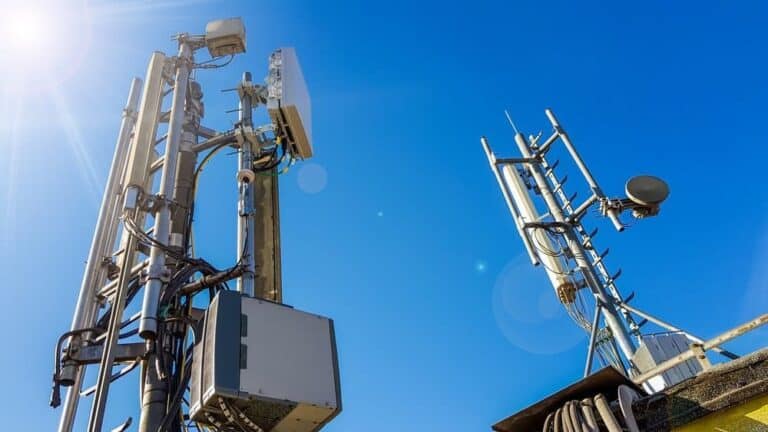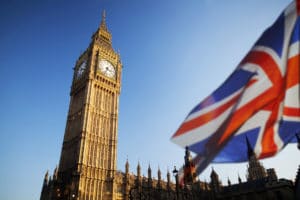As a part of the ‘mini-budget’, the UK government is all set to help telecom operators with the usage of utility poles on private property in an attempt to bring high-speed broadband internet connectivity up across the country.
The mini-budget was partly established to tackle the increasing cost of living and lower the economic impact of the recession. Chancellor Kwasi Kwarteng announced that the mini-budget’s measures include freezing energy bills and lowering the basic income tax rate.
From a technological perspective, the self-titled ‘growth plan’ outlines critical infrastructural changes such as adjustments to the Product Security and Telecommunications Infrastructure Bill. However, this bill is currently stuck in the UK parliament.
Friction
The broadband connectivity speed across the UK is recorded as the slowest in Europe. As a result, the government is taking steps to implement a number of initiatives, including the £5 billion Project Gigabit. This contract was among the first to make an effort to connect rural regions with high-speed internet.
Back in 2019, the UK government approved new physical infrastructure access (PIA) regulations, striving to enhance healthy competition in the fibre network industry. As a result, all the third parties have the right to set their own fibre cables inside the existing infrastructure.
Furthermore, they have the option to attach their own machinery to existing utility poles. The regulation opened new possibilities for private enterprises to launch their own broadband infrastructure without starting from scratch.
Companies interested in expanding their infrastructure must ask permission from private property owners before installing utility poles. In case the owner refuses, the telecom operator still has the right to take the matter to court – however, that’s a lengthy and gruelling procedure.
Although the UK government announced an expansion of gigabit broadband from 70 percent to 85 percent by 2025, it still hasn’t disclosed how telecom operators will gain access to utility poles on private property. One thing is for sure: it will eliminate some levels of bureaucracy and form-filling processes for gaining permission.



















